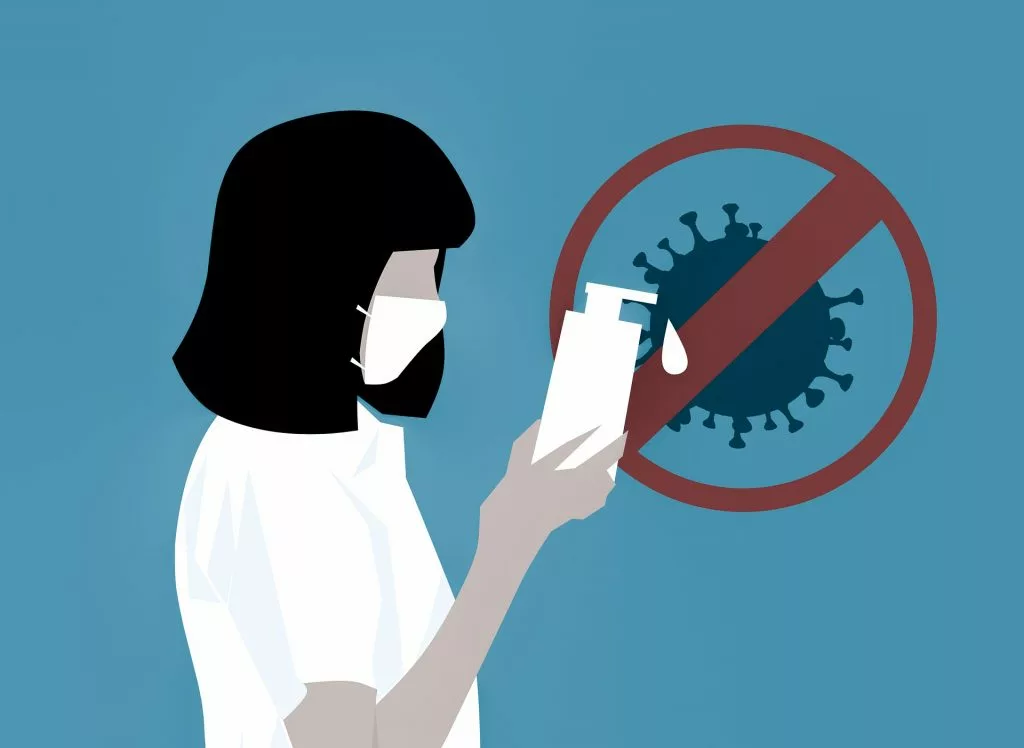
With coronavirus cases on the rise, the need for personal protective equipment, such as face masks, is increasing. Unfortunately, the supplies are drying up.
According to a survey by the United States Conference of Mayors, cities need an estimated 28.5 million face masks and 24.4 million other pieces of personal protective equipment. Healthcare specialists across the country have reported dire shortages of respirators, masks, gowns, and other supplies needed to protect both patients and healthcare workers. According to a survey by the Association for Professionals in Infection Control and Epidemiology, 37% of health care workers assessing and treating COVID-19 reported that they were almost out of face shields, and 26% said they were almost out of hand sanitizer.
Nursing homes are also facing drastic shortages. A survey of nursing homes and assisted living facilities found that personal protective equipment, as well as disinfecting supplies, are scarce. Approximately two-thirds of the facilities reported having little or no ability to purchase personal protective equipment, including face masks, sterile gowns, face shields, hand sanitizer, wipes, and disinfectant sprays. Almost one-third reported having no N95 masks, which provide a higher level of protection than surgical masks. One Washington facility even had to resort to using plastic garbage bags to make gowns. Considering nursing homes are emerging as a focus of heightened concern during the pandemic, their staff need protective equipment to prevent the spread of coronavirus.
However, nursing homes cannot get orders filled for N95 masks and some other protective equipment because they do not normally purchase that protective gear. Distributors are limiting how much protective gear they ship to customers based on purchasing histories to prevent hoarding of the limited supplies, leaving nursing homes in the lurch. The American Health Care Association (AHCA), one of the main trade groups representing nursing homes, has called on its members to stretch the use of personal protective equipment. Some ideas include using the same face mask for an entire shift, as long as the staffer does not touch the mask or get it damp or soiled. AHCA is also calling on other health care facilities to consider providing any unneeded supplies to nursing homes.
There might be a sliver of hope for health care workers. The White House has issued an order for General Motors to produce ventilators, invoking its authority under the Defense Production Act. This, combined with a temporary hold on overseas shipments of USAID’s stockpiles of protective gear, suggests that the federal government might finally be ready to supply health care workers with the gear they need.
But, with delays in production and uncertainty surrounding what the Administration will do next, efforts to obtain more protective equipment may prove too little too late. Nursing home residents tend to be older and suffer from long-term conditions, so they are already at a higher risk than the general population. Many facilities also have residents living or interacting in close quarters on a daily basis, compounding the risk to residents. Without personal protective equipment, the risk of infection increases for residents and workers, alike. It’s time for our government to act to protect its most vulnerable.
If your loved one has acquired a serious infection, including COVID-19, due to improper procedures at his or her nursing home, our Naperville based law firm can help. Call the compassionate nursing home attorneys here at The Collins Law Firm for a FREE nursing home negligence consultation at (630) 527-1595.
Blog by Dayna Smith

"*" indicates required fields